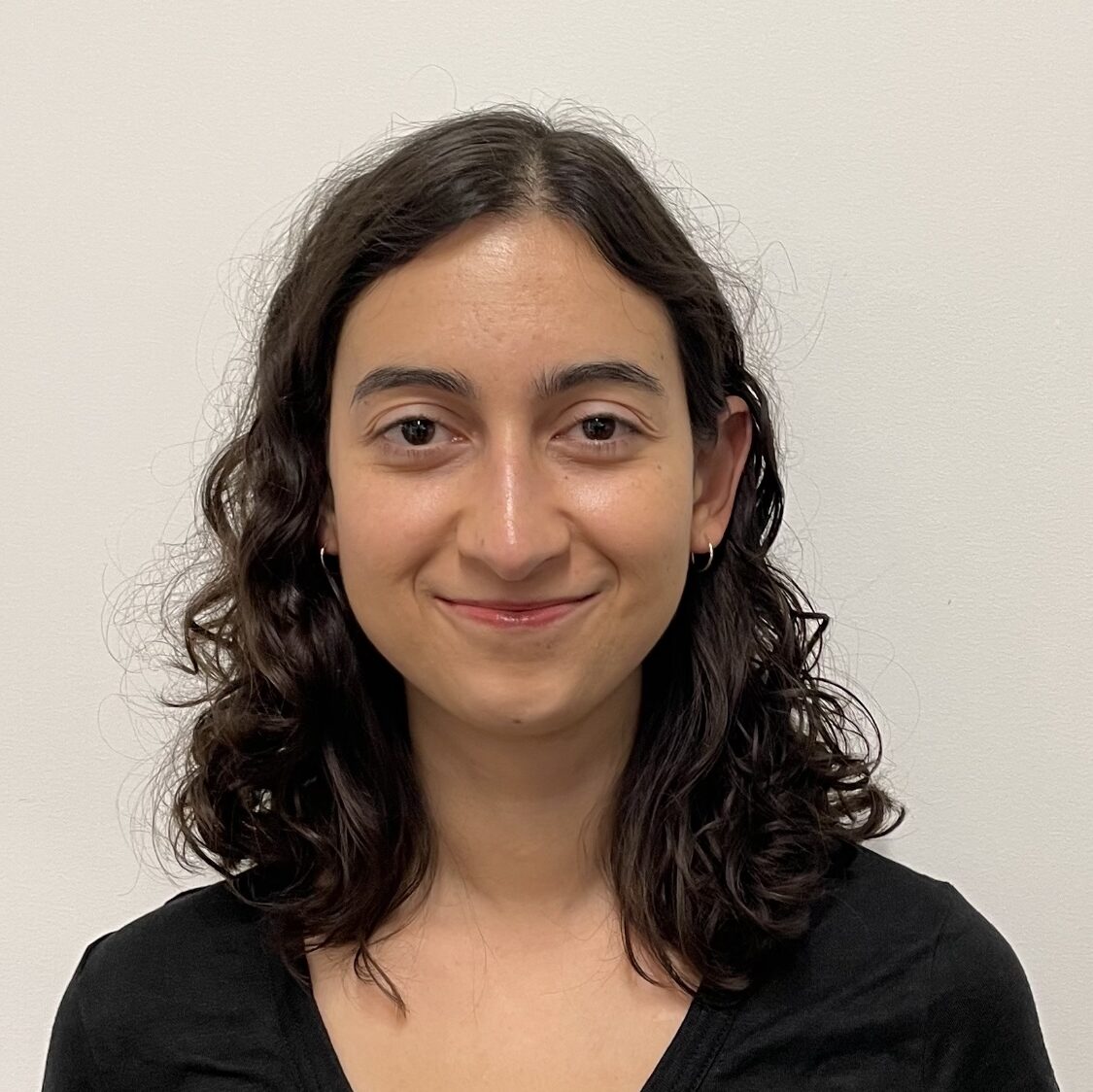AMPS is delighted to announce our student keynote award winner, Ms Xanthe Lowe-Browne, and our ECR keynote award winner, Dr Dianna Vidas!
The student and ECR Keynote presentations will take place at 12pm on Thursday July 4th, in person at the conference, and livestreamed. It is FREE to register to attend the keynote via Zoom, even if you are unable to attend the conference in person.
If you are not attending the full conference, sign up via our eventbrite page here to attend the student and ECR keynote presentations online: https://www.eventbrite.com.au/e/amps-2024-student-and-ecr-keynote-tickets-927621730567
About Ms Xanthe Lowe-Brown:

Xanthe Lowe-Brown is a PhD Student in Human-Computer Interaction at the University of Melbourne, holding a PhD scholarship from the Centre for AI and Digital Ethics (CAIDE). Working with an exceptional interdisciplinary supervision team – Dr Greg Wadley (Human-Computer Interaction), Dr Solange Glasser (Music Psychology) and A/Prof Peter Koval (Psychology), Xanthe’s PhD aims to enhance wellbeing outcomes for music listeners by improving recommendation algorithms used by music streaming services such as Spotify to recommend music that helps users regulate their emotions. Xanthe completed a Bachelor of Music (Contemporary Guitar) at the Melbourne Conservatorium of Music in 2021, graduating with First Class Honours. Xanthe received the Harold Clarke English & Elizabeth English Scholarship in 2022 for her Honour’s thesis on the individual differences in the experience of Musically-Evoked Chills.
About Dr Dianna Vidas

Dianna Vidas is an interdisciplinary researcher interested in the intersection between wellbeing, music, and technology. Her PhD investigated the benefits of music listening for students, focusing on music for wellbeing, emotions, and studying. Dianna is currently a postdoctoral researcher in human-computer interaction at the University of Melbourne, working on a team developing an app to train carers of people with dementia to use music in care (the MATCH project). Dianna also has a keen interest in exploring new methods, including applications for using data drawn from Spotify. She is about to begin a new role at the University of Queensland, investigating social connection and wellbeing of older adults with hearing loss.
